|
|
|
|
Kia ora koutou katoa and welcome to your newsletter.
With more than 800 cars for every 1000 people, it’s not surprising transport emissions make up the biggest share of an average household’s carbon footprint in New Zealand. Our dependency on cars isn’t helping as we consider a switch to low-carbon ways of travel — but as public health researcher Caroline Shaw writes, we can learn a lot from New Zealand’s successful campaign to encourage people to quit smoking.
Between the late 1970s, when more than one in three New Zealanders smoked (and did so everywhere), now fewer than one in eight smoke and public places are all smoke-free. The key lesson from tobacco control is that behaviour change is more likely when the interventions happen on multiple levels, from taxation and advertising bans to the creation of supportive environments and help for those wanting to change.
You’ll find many other stories in this newsletter, including a historian’s exploration of the ongoing impact of the Christchurch earthquake ten years on, a geologist’s account of what we’ve learned from Martian meteorites and a linguist’s tale of how the Perseverance rover’s new forever home on Mars was named after a small Balkan village. Have a look at our homepage, too, for even more articles.
Many thanks for your ongoing support — until next time, noho ora mai, mā te wā.
|
Veronika Meduna
New Zealand Editor: Science, Health + Environment
|

|
|
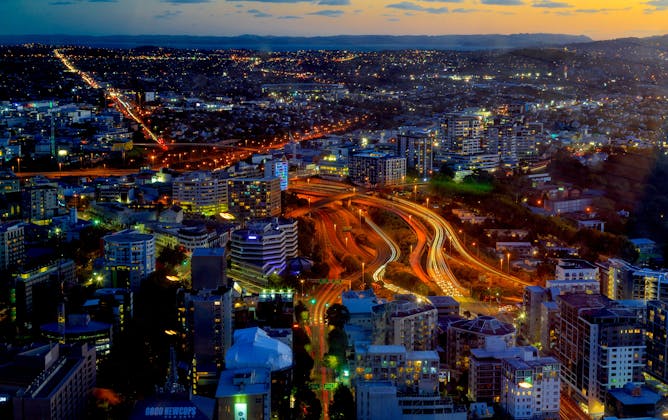
Shutterstock/Pommy.Anyani
Caroline Shaw, University of Otago
New Zealand's anti-smoking campaign used all levers, from taxation to advertising bans and smoke-free environments, to change behaviour. We need a similar approach to decarbonise transport.
|
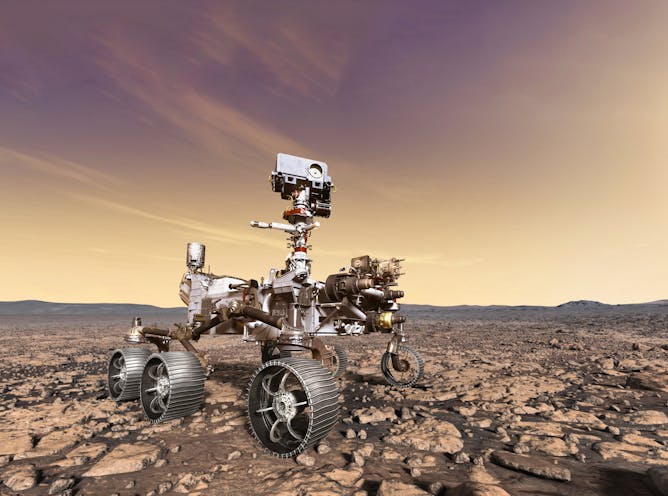
www.shutterstock.com
Robert Greenberg, University of Auckland
Named after a village in Bosnia and Herzegovina, NASA's Martian landing spot is a distant reminder of less peaceful times on Earth.
|
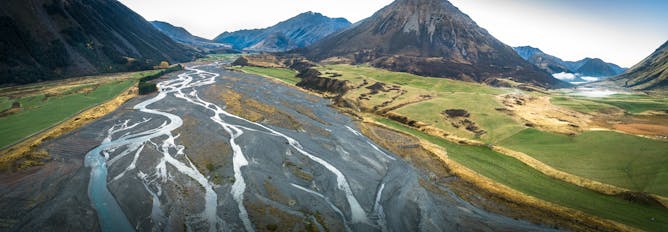
Shutterstock/Tracey McNamara
Gary John Brierley, University of Auckland; Dan C H Hikuroa, University of Auckland; Heide Friedrich, University of Auckland; Ian Christopher Fuller, Massey University; James Brasington, University of Canterbury; Jo Hoyle, National Institute of Water and Atmospheric Research; Jon Tunnicliffe, University of Auckland; Kristiann Allen, University of Auckland; Richard Measures, National Institute of Water and Atmospheric Research
Given climate change predictions of more extreme floods in New Zealand, it's time to change management practices to work with a river, allowing it room to move and its channels to adjust.
|
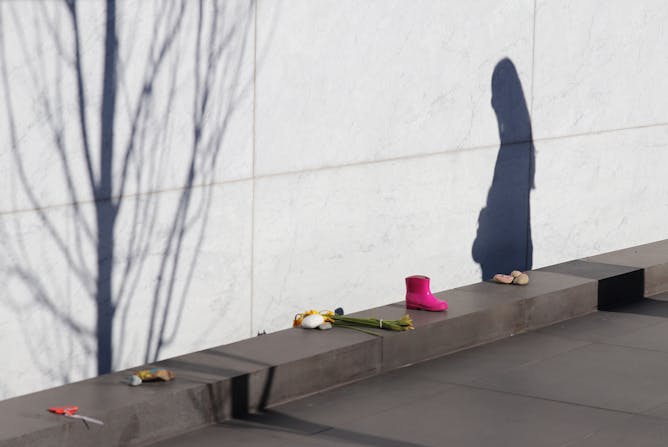
Canterbury Earthquake National Memorial, Christchurch.
GettyImages
Katie Pickles, University of Canterbury
February 22 2011 changed Christchurch forever. On the tenth anniversary of the deadly earthquake, how far has the city come and what challenges remain?
|

Shutterstock/riekephotos
Michael Lueck, Auckland University of Technology; Sabrina Seeler, Nord University
Now is the time to reform the rules for travellers who park up and camp in public spaces. But don't blame freedom campers for all the problems in a community.
|
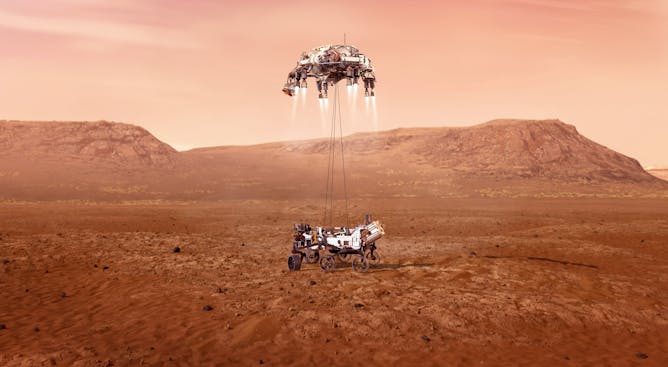
NASA
James Scott, University of Otago
NASA's successful Mars landing will reveal yet more secrets from the red planet. But there is much we already know from Martian fragments that found their way to Earth.
|

NWM/Shutterstock
Ananish Chaudhuri, University of Auckland
It's important to get the figures right to know if we are truely out of any recession, or if we need further stimulus to help get more people into work.
|
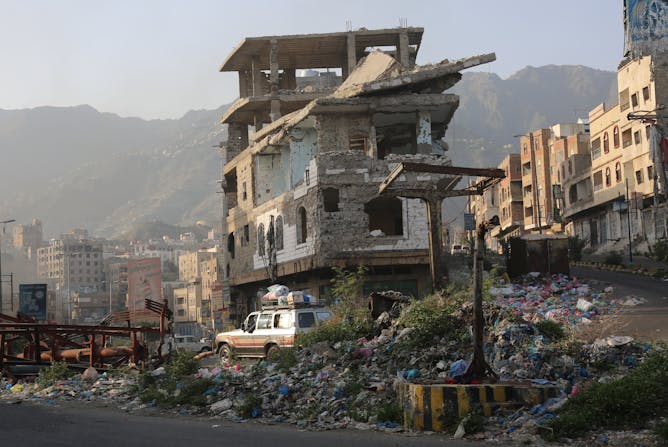
www.shutterstock.com
Alexander Gillespie, University of Waikato
Air New Zealand and the Ministry of Foreign Affairs and Trade have both potentially breached international human rights agreements. The government must demand answers.
|
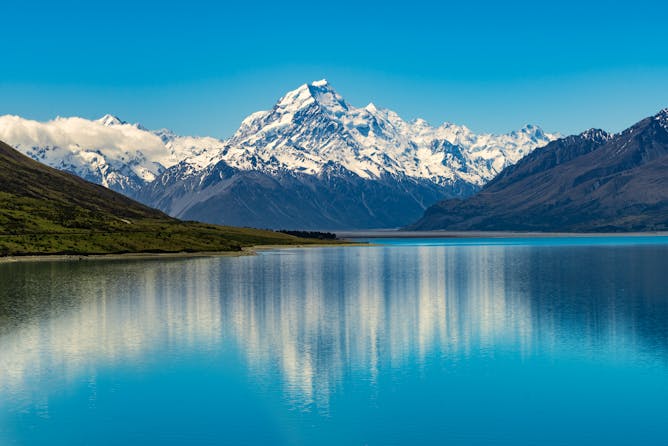
www.shutterstock.com'
James Higham, University of Otago
A new report pushes for a modern tourism model, including the introduction of airport departure taxes, to enhance New Zealand's competitive advantage in a climate-conscious world.
|

The alleged ISIS-linked Australian-NZ citizen being taken into custody on the Syrian-Turkish border.
Erdal Turkoglu/Anadolu Agency via Getty Images
Claire Breen, University of Waikato
The trans-Tasman diplomatic stand-off is complicated by the fate of two young children. Their rights will be central to resolving the situation.
|
From our foreign editions
|
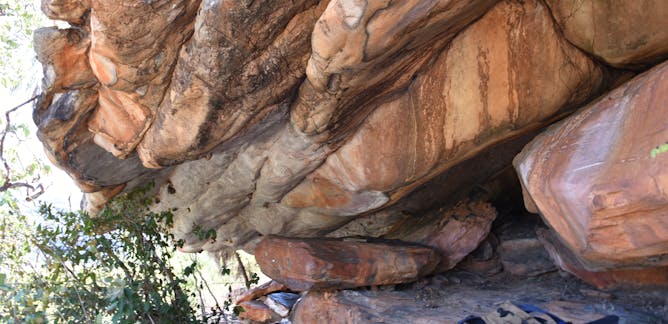
Damien Finch, The University of Melbourne; Andrew Gleadow, The University of Melbourne; Janet Hergt, The University of Melbourne; Sven Ouzman, University of Western Australia
Some 17,000 years ago, Aboriginal artists often depicted kangaroos, fish, birds, reptiles, echidnas and plants — especially yams.
| |

Dominic Dwyer, University of Sydney
Much has been said of the politics surrounding the mission to investigate the viral origins of COVID-19. So it's easy to forget that behind these investigations are real people.
|
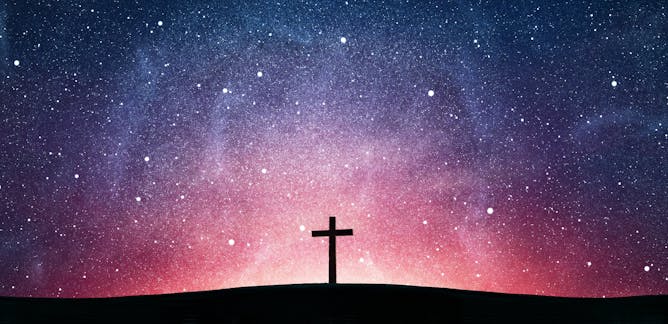
Monica Grady, The Open University
If God could break the laws of physics, why haven't we seen any evidence of the laws ever being broken in the universe?
| |
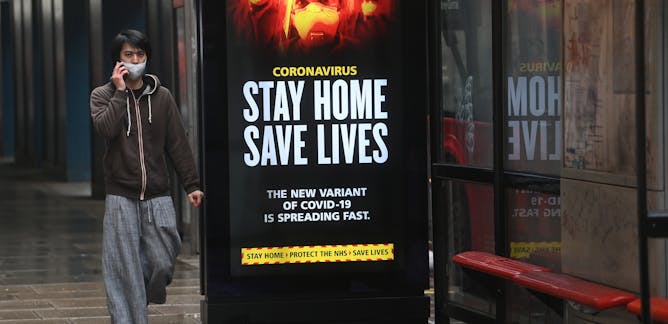
Andrew Lee, University of Sheffield; Peter Sivey, University of York; Zania Stamataki, University of Birmingham
The UK government has announced a four stage plan for ending COVID-19 restrictions.
|
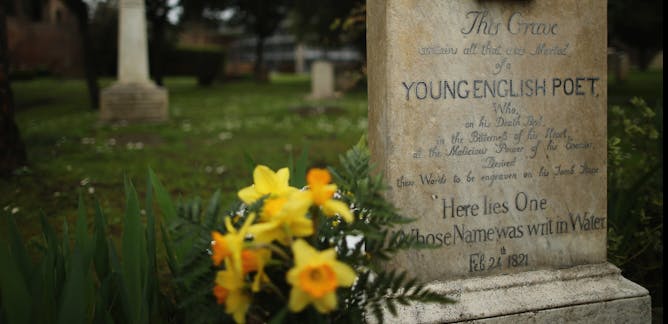
Richard Gunderman, Indiana University
Doubt can be uncomfortable. It is often tempting to jump to conclusions. But Keats counsels otherwise.
| |
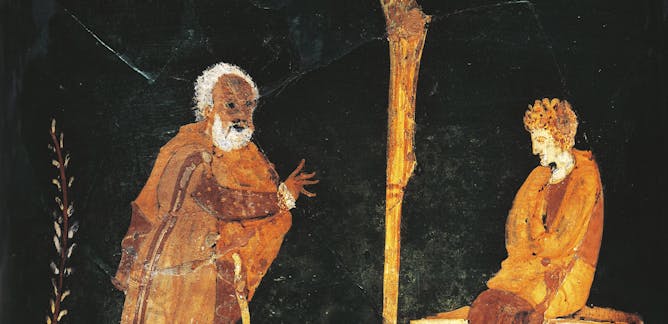
Joshua P. Nudell, Westminster College
The pandemic has made many of us acutely aware of the daily risks we need to take. The ancient Greeks often did not leave risky choices up to individuals alone.
|
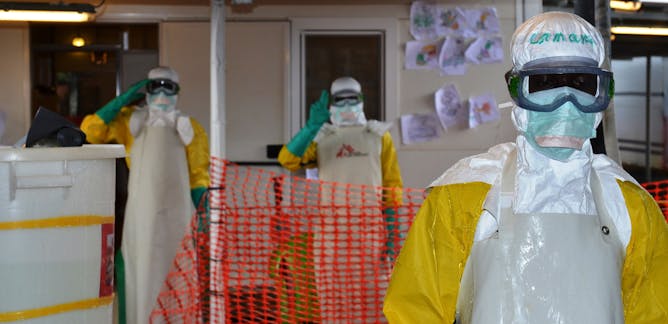
Jacqueline Weyer, National Institute for Communicable Diseases
The virus is always present in nature and when circumstances allow, it may jump from one species to another.
| |
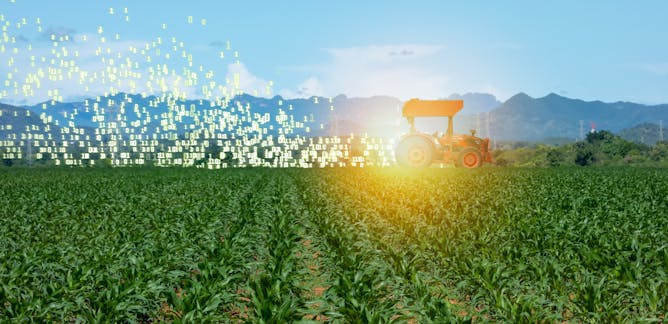
Lenore Newman, University of The Fraser Valley; Evan Fraser, University of Guelph
Year round local food production is within our grasp, and will slash agriculture's climate impact — but only if we embrace agricultural technology.
|
|
|
| |
| |
| |
| |
| |
| |
|
|
|
|
|
|
|